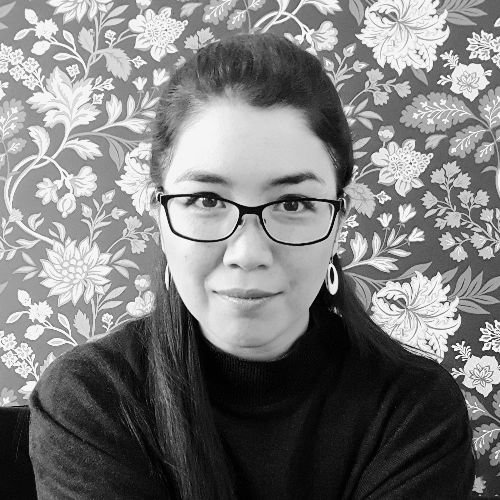
Tell us about your journey! What led you to this point?
I don’t have an underdog story, but getting to where I am today has been a long and complicated journey. For starters, I always had a drive to do more, but never really knew which direction I should go in. I was often told that I had a lot of potential, so I constantly felt like a failure for not living up to it. And, in addition to that, I had a lot of guilt. When so many people seem to create success in the face of adversity, how could I not manage to do more with the privileges that I had?
So, I did the only thing that I could do – I kept exploring! I never searched for any particular job, though. I just scrolled through the ads until I found something that sounded interesting and I’d go for it, no matter what industry it was in. Between that and working as a consultant, I’ve now had insight into more than 20 industries, in small and large organisations alike. I’ve done marketing communications and market research, sold everything from newspapers to houses and even diamonds, and I’ve been an analyst, an interviewer, a creative, and an auditor.
In spite of all this experience, I honestly still felt very lost up until just a few years ago. In fact, I felt that I was doing everything wrong, because you’re “meant” to stay in one industry and climb upwards within it. Thankfully, though, I started to see some patterns emerging in the different experiences I’d had. And, luckily for me, Human Experience Management as a discipline happened to be evolving during that time.
When I first learned about workplace culture, we were going out conducting interviews with a pen and clipboard, entering the responses manually. Now, it’s a huge field! There is so much software, not to mention public awareness. And, at the same time, employer branding, customer experience, and communications (all of which I learned about through marketing) have evolved massively in recent years. So, ending up in HXM was a very natural fit for me, entirely by chance. Basically, my career trajectory just so happened to take me through several areas that are now gradually being brought together under one umbrella.
What has been your biggest achievement?
My biggest achievement has definitely been learning to take charge of my life and build it in the direction that I want, rather than just letting life happen to me and getting swept up in it. But, ironically, it took letting go of everything that I knew to finally take back control.
I was backpacking around Europe and having a bit of a life crisis when I decided that I wanted to move here. So, I drew up a spreadsheet and used it to compare every country in the EU (except Finland, which to be honest I kind of forgot about). I asked myself questions like “what would it take for me to move here?” I then used a process of elimination and, when I had finally shortlisted the Netherlands and Sweden, I went to spend some time in both to see which one felt right.
Sweden felt like home right away, so I started putting every step in place to make the move happen. Ever since then, I’ve stopped feeling like a victim and instead resolved to make sound decisions at every fork in the road. I say “yes” to opportunity a lot more these days, too.
What’s the biggest result you help your clients to achieve?
My personal mission is to enact change in different societal and cultural systems, to make them make sense. You see, even as a child, I felt that the education system was wrong, even though I didn’t really have an understanding of why. I was very unhappy in school, and I had daydreams of starting a boarding school which would make things “better” for kids.
I would also alphabetize books, turn jars so that the labels faced the same way and group them by size, and get annoyed by traffic lights that didn’t enable the traffic to flow through smoothly. In other words, I have always been fascinated by different systems. The big thing about them is that they are all around us, and they are connected to us and to each other like a giant spider’s web. Moving one piece necessarily tugs and jostles other pieces around.
Work is one of the biggest systems there is. It is the principal puzzle piece in our society because it affects all of our lives, and yet we tend to think of work as something that is closed or fixed. My goal, at this point in time, is to help my clients make their systems and processes better. I want their businesses to be happier and more productive places, with better retention, more loyal staff, and loyal customers. Not only that, though, but better workplaces help key stakeholders to be better people overall.
Think of it this way: somebody who is drained and miserable because of their work isn’t going to go home and cook fabulous, balanced, healthy meals for their family every day, or work in their garden, or volunteer for a community organization. Overworked, unhappy people will just never reach their full potential.
What would be your biggest piece of advice for readers who want to achieve the same?

